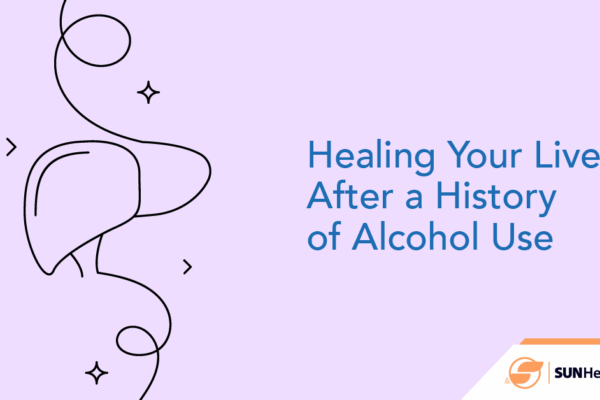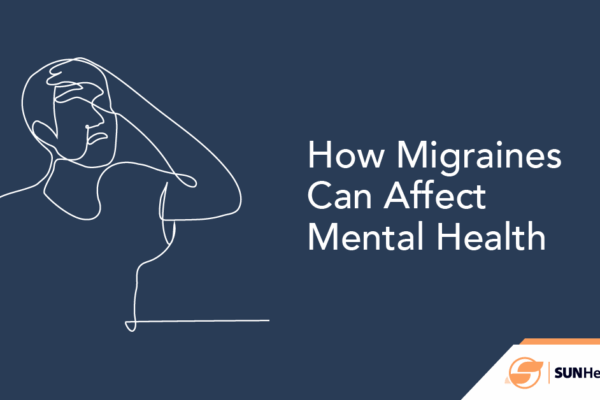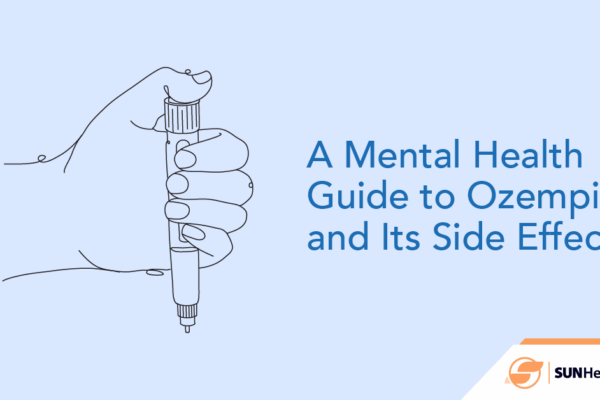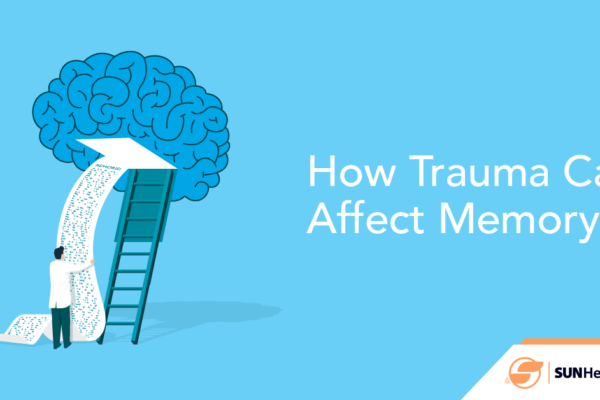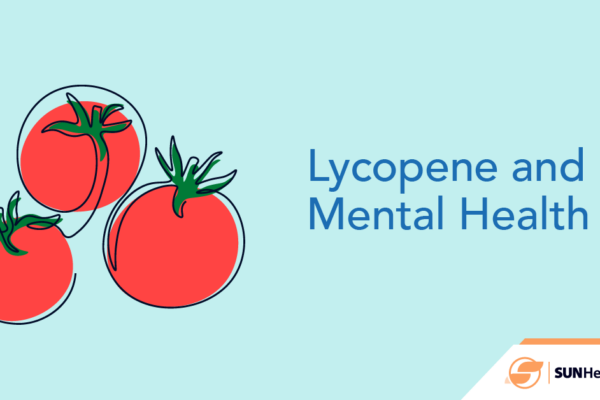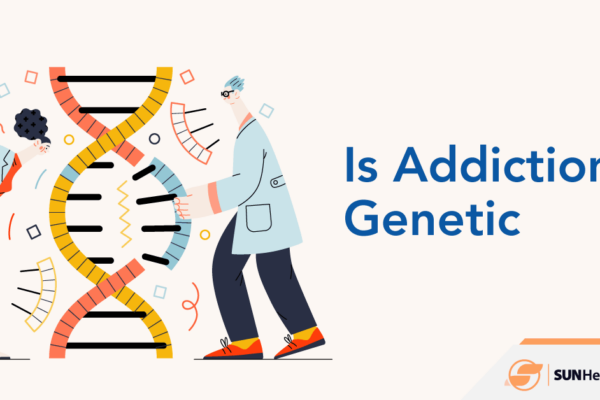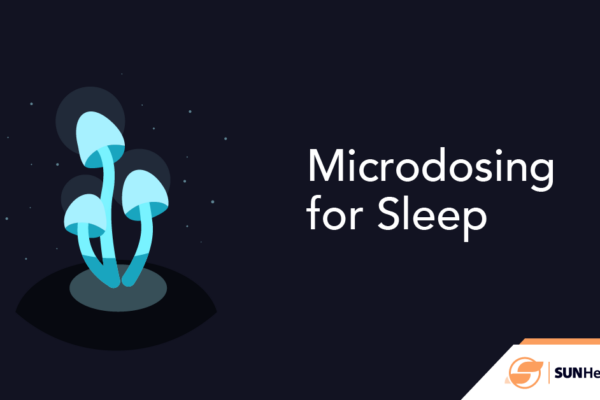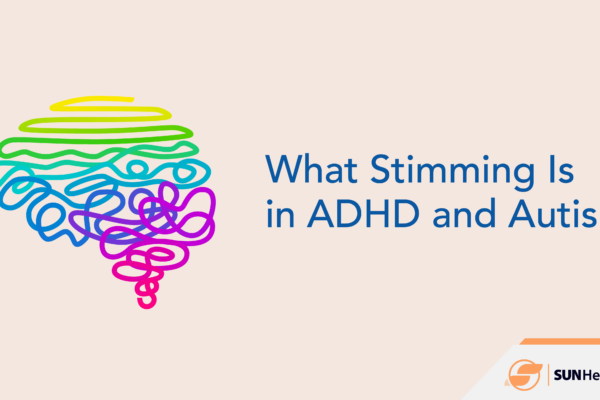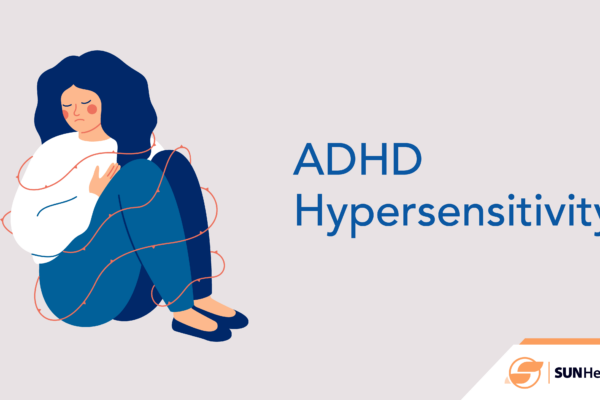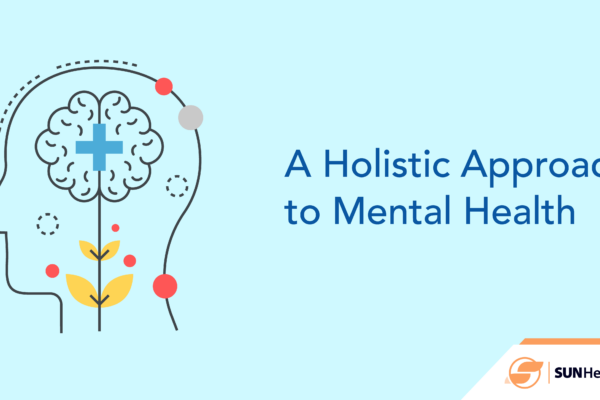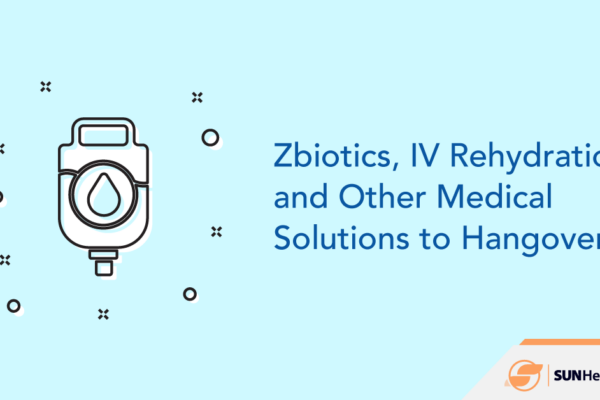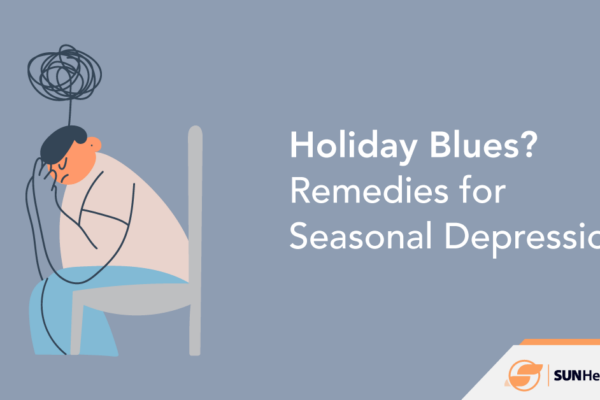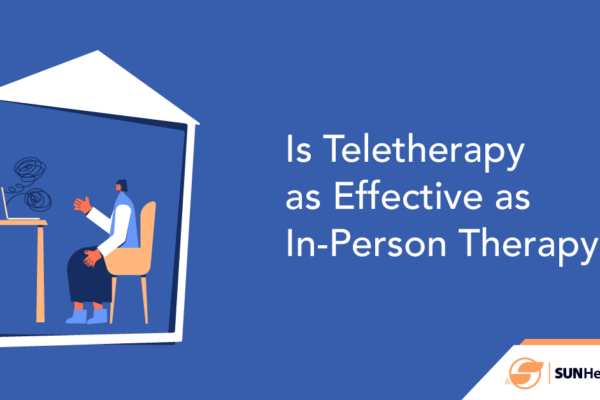Healing Your Liver After a History of Alcohol Use
Years of heavy alcohol consumption can have significant effects on the body, with the heart, pancreas and gastrointestinal tract some of the most commonly afflicted. Of these organs and bodily systems, the liver is one of the…
How Migraines Can Affect Mental Health
Living with chronic migraines is a journey that extends far beyond the realm of physical pain. For millions of people worldwide, the question lingers: Can anxiety cause headaches? Imagine waking up each morning uncertain whether your day…
A Mental Health Guide to Ozempic and Its Side Effects
Ozempic is a popular injectable drug used for treating type 2 diabetes. Treatment is straightforward and requires only a weekly self-administered injection. The active ingredient in Ozempic is the same one used in Wegovy, an approved weight-loss…
Read More A Mental Health Guide to Ozempic and Its Side Effects
How Trauma Can Affect Memory
Trauma and memory loss often go hand in hand. Whether you’re struggling to remember the night of a terrifying event or dealing with the loss of someone you love, trauma can affect how your brain processes and…
Lycopene and Mental Health
Lycopene is an antioxidant that provides multiple health benefits. Also classified as a carotenoid, lycopene gives some fruits and vegetables, such as tomatoes, watermelon and pink grapefruit, their red color. It protects against inflammation, aging and several…
Is Addiction Genetic? PGx
Addiction is a chronic condition that can affect various aspects of daily life. A family history of substance abuse and environmental influences are often cited as main contributors. However, genetics also play a significant role, raising questions…
Microdosing for Sleep
Endless nights spent tossing and turning, followed by groggy mornings, can take a toll on anyone. It’s no surprise many people who microdose before sleep claim the practice is the ultimate cure for insomnia. According to proponents…
What Stimming Is in ADHD and Autism
Life can be overwhelming for neurodivergent individuals, making finding effective ways to manage emotions and stress essential. One common self-regulation tool is stimming, often used by people on the autistic spectrum or with ADHD to cope with…
What Is “Ring of Fire” ADD/ADHD?
ADD/ADHD is a prevalent concern, and diagnoses are on the rise — particularly among young people. According to data published in the Journal of Clinical Child and Adolescent Psychology, around 1 in 9 children in the United…
ADHD Hypersensitivity
Attention deficit hyperactivity disorder, often called ADHD, occurs due to changes in brain growth and development. These changes make it difficult to focus, which may affect your ability to pay attention during conversations, remember important things or…
Taking a Holistic Approach to Mental Health
In the United States, more than 15.4 million adults receive some form of mental health treatment. Traditional methods include psychotherapy, cognitive behavioral therapy, medications and exposure therapy. Another approach is holistic mental health treatment. Instead of concentrating…
Zbiotics, IV Rehydration, and Other Medical Solutions to Hangovers
Over 84% of American adults report they do at least some drinking in their lives, often to excess. With a number that high, it’s no wonder the hunt for effective hangover remedies has given rise to a…
Read More Zbiotics, IV Rehydration, and Other Medical Solutions to Hangovers
Holiday Blues? 6 Remedies for Seasonal Depression
The winter months can lead to feelings of depression for a variety of reasons, and those blues can be especially apparent during the holidays. Read on to learn what seasonal depression is, what might cause it and…
Do Diet Cleanses Affect Mental Health?
Diet cleanses have been a popular practice for decades. Celebrities such as Beyonce and Jennifer Aniston have been known to follow juice cleanses for their supposed benefits, but is a juice cleanse healthy, or is it setting…
Is Teletherapy as Effective as In-Person Therapy?
Is telehealth counseling as effective as the traditional in-person approach? With the rise in virtual versus in-person therapy, learn which is right for you. Telehealth counseling has grown by leaps and bounds in recent years. According to…
